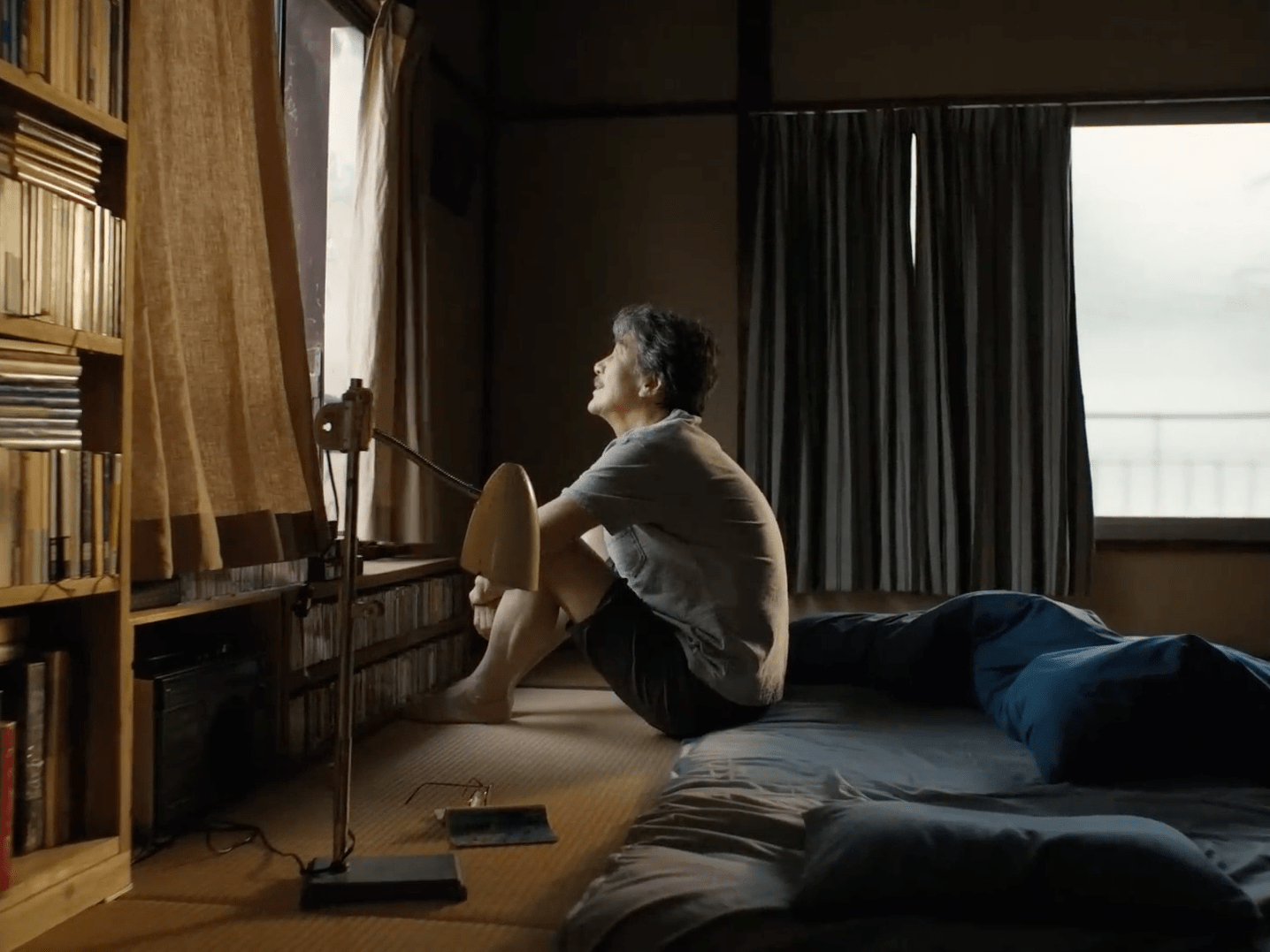Perfect Days
The Richard Brody review of Perfect Days is a tone-deaf review by the most reliably tone-deaf reviewer out there. Every reviewer has limits to his or her catholicity of taste, because every human being is thus limited, but Brody’s cinematic sweet spot seems to be tiny, and when he doesn’t like a movie he simply doesn’t pay attention to it. I just don’t think Brody likes movies enough to review them for a living.
Brody wants everything in Perfect Days to be revealed, including (especially?) our protagonist’s politics. I mean, sure, how can we know what we’re supposed to think about another human being unless we know what their politics are? The idea that Hirayama might be utterly apolitical is one that seems not to have crossed Brody’s mind. Nor has he considered the artistic and moral possibilities of narrative reticence.
What’s wonderful about the movie is that it reveals just enough about Hirayama for us to understand that his simplified and repetitive life is both a comfort — a stabilizing power for a person who (for reasons only imperfectly glimpsed by us) desperately needs it — and also a kind of impoverishment. He is a lonely man who has many loose ties, which are unquestionably good things in his life, but no really strong ones, and we get a sense of what that lack of strong ties protects him from and what it deprives him of.
“Mama,” the woman who runs the little izakaya where Hirayama is a regular, wonders why everything can’t remain the same. Well, it can’t; but stability happens too. What we see at the end of Perfect Days is a kind of re-establishment of the rhythm of Hirayama’s life, but not without change, and not without the possibility of betterment. His new work partner seems to be a significant upgrade from the old one; his kindness to his niece Niko just might reconnect him to her and to his sister; and who knows, maybe he and “Mama” will forge the kind of relationship that he tells her ex-husband he doesn’t currently have with her. Change isn’t always bad. But a structured rhythm of life, a settled disinclination to chase novelty, an appreciation for what we can count on, including our friends the trees — that’s a very good thing indeed.

